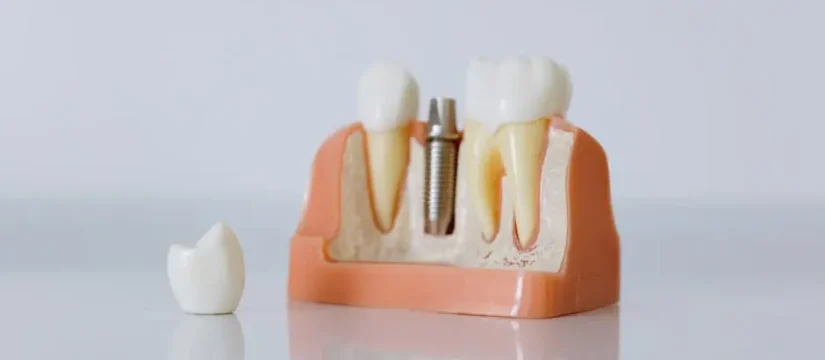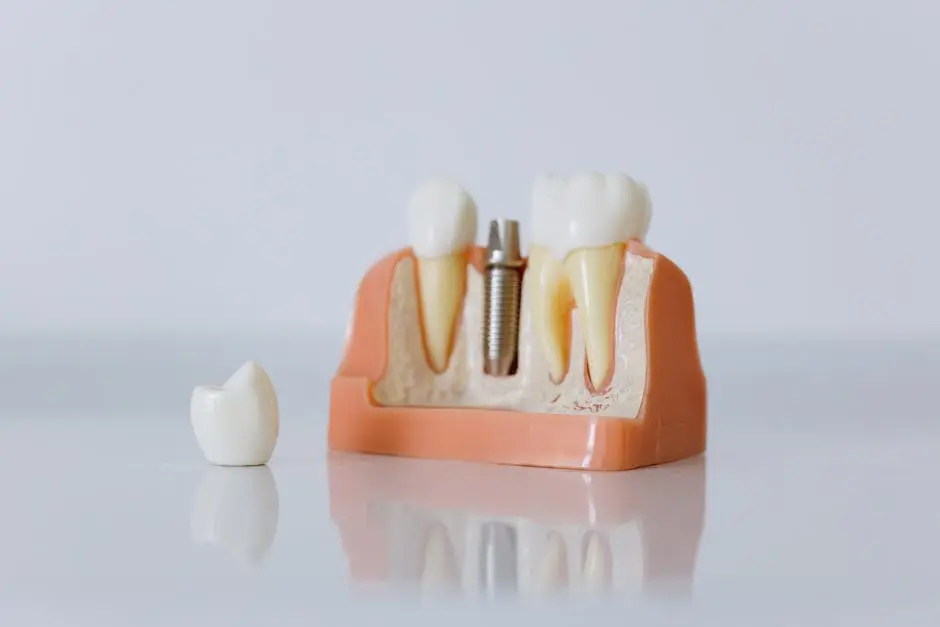
Full mouth implants provide a comprehensive solution for those facing tooth loss or severe dental issues. They offer a chance to regain functionality and aesthetics, transforming smiles and improving quality of life. In this FAQ, we will explore what full mouth implants are, their benefits, procedural steps, and what to expect during recovery.
What Are Full Mouth Implants?
Full mouth implants are a revolutionary dental solution designed for individuals who have lost most or all of their teeth. These implants consist of titanium posts that are surgically inserted into the jawbone, acting as sturdy foundations for replacement teeth. What sets full mouth implants apart is their ability to restore not only the appearance of a full set of teeth but also the functionality of natural teeth.
The treatment involves placing multiple implants throughout the mouth, which can support a fixed prosthesis. This method provides a stronger and more stable solution than traditional dentures, allowing patients to eat, speak, and smile confidently. Full mouth implants typically require fewer trips to the dentist, streamlining the process for patients who may have faced extensive dental challenges.
When considering full mouth implants, it’s important to consult with a dental professional who specializes in implantology. They can assess your specific situation, including bone density and overall oral health, to determine if you’re a suitable candidate. This evaluation is crucial as it helps the dentist create a personalized treatment plan that meets your unique needs.
In addition to providing a natural look and feel, full mouth implants often enhance the patient’s quality of life. Many find that they can once again enjoy their favorite foods without worry. Plus, the permanence of implants means that unlike removable dentures, there’s no need for daily removal and cleaning, which can be a hassle.
Overall, full mouth implants are more than just a dental procedure; they represent a transformative journey toward improved oral health and enhanced self-esteem. By choosing dental implants in Rockville, you are making an investment in both your smile and your confidence, helping you regain the functionality and appearance of your natural teeth.
Who Can Benefit from Full Mouth Implants?
Full mouth implants are ideal for individuals who have experienced significant tooth loss due to decay, trauma, or gum disease. If you find yourself struggling with dentures that never quite fit or have difficulty chewing food, this solution could be a game changer.
Moreover, those who have lost all their teeth and are seeking a permanent and reliable solution rather than temporary fixes can greatly benefit from full mouth implants. They provide a secure alternative that allows for complete functionality when it comes to eating and speaking, encouraging social interactions and reducing embarrassment.
It’s also important to mention that good candidates for full mouth implants should have sufficient bone density in the jaw, which can be assessed through imaging tests performed by your dentist. If bone density is a concern, there are procedures available that can help augment it, ensuring that even more individuals can take advantage of this remarkable solution.
In summary, people who desire a permanent solution for tooth loss, have realistic expectations about their treatment, and are generally in good health can greatly benefit from full mouth implants.
The Benefits of Full Mouth Implants
The benefits of full mouth implants are extensive and can significantly improve the lives of those who choose them. One of the most noticeable advantages is the restoration of a natural appearance. Unlike traditional dentures, full mouth implants are anchored securely in the jawbone, mimicking the look and feel of real teeth.
Additionally, full mouth implants allow for improved chewing and digestion. With the ability to bite into foods you love without fear or discomfort, many patients experience a newfound joy at mealtime. This has a positive ripple effect on overall health, as good nutrition supports a stronger body.
Another major benefit is the long-term investment in oral health. When teeth are missing, the jawbone can start to deteriorate over time. Implants, however, stimulate the bone much like natural teeth, helping to maintain its density and structure. This means full mouth implants can prevent further dental issues and contribute to a healthier mouth overall.
Full mouth implants also offer notable psychological benefits. After losing teeth, many individuals suffer from low self-esteem and social anxiety. By restoring a confident smile, full mouth implants can help individuals feel more assertive in social interactions and positively influence their personal and professional lives.
To sum it up, the advantages of full mouth implants extend beyond aesthetics; they embrace both physical health and emotional well-being.
The Procedure for Getting Full Mouth Implants
The journey to obtaining full mouth implants generally begins with an initial consultation with your dentist. This appointment will focus on evaluating your oral health, discussing treatment options, and creating a customized plan tailored to your specific needs.
Once a plan is established, the actual procedure can be divided into several key stages. First, any remaining teeth may need to be extracted before the implants are placed. During this surgical phase, the titanium posts will be inserted into the jawbone. This process typically requires local anesthesia, ensuring patient comfort.
After the implants are placed, a healing time is necessary to allow the implants to fuse with the jawbone, a process known as osseointegration. Depending on the individual and the number of implants placed, this healing period can last a few months. During this time, temporary solutions might be provided to enhance appearance and functionality.
Once healing is complete, the next step involves attaching custom-made prosthetic teeth to the implants. These replacements are crafted to match the patient’s natural teeth, ensuring a seamless smile. Finally, regular follow-up visits will be instrumental in monitoring the health and stability of the implants.
The entire process, while complex, is designed to ultimately provide effective and lasting results. With the right care, full mouth implants can serve patients for many years, if not a lifetime.
What to Expect During Recovery
Recovery from full mouth implant surgery can vary from person to person, but understanding the overall experience can ease anxieties. Immediately following the procedure, patients may experience swelling, discomfort, or bruising, which is entirely normal. Your dentist will likely provide pain management strategies to help alleviate any discomfort.
As you heal, it’s recommended to follow a soft food diet to prevent any strain on the surgical sites. Foods that are easy to chew, such as yogurt, smoothies, and soups, can make this transition more comfortable. Staying hydrated is also important during the recovery phase.
During this time, you’ll be encouraged to maintain oral hygiene but should be cautious around the surgical areas. Regular follow-up appointments will be essential to monitor progress and ensure that everything is healing correctly.
The healing process can typically take several weeks, but by the end of this period, many patients report feeling like their implants are an integral part of their mouth. The joy of eating a varied diet and the confidence of a complete smile can make the healing journey well worth it.
Ultimately, while the recovery may come with its own challenges, it leads to the rewarding experience of integrating full mouth implants into your daily life. In no time, you’ll be enjoying the fullness of a functional, beautiful smile.
Key Takeaways on Full Mouth Implants
Full mouth implants can significantly enhance one’s dental health and overall well-being. They present an effective solution for those who struggle with multiple dental problems. Understanding the process and benefits can help you make informed decisions about your dental care.

